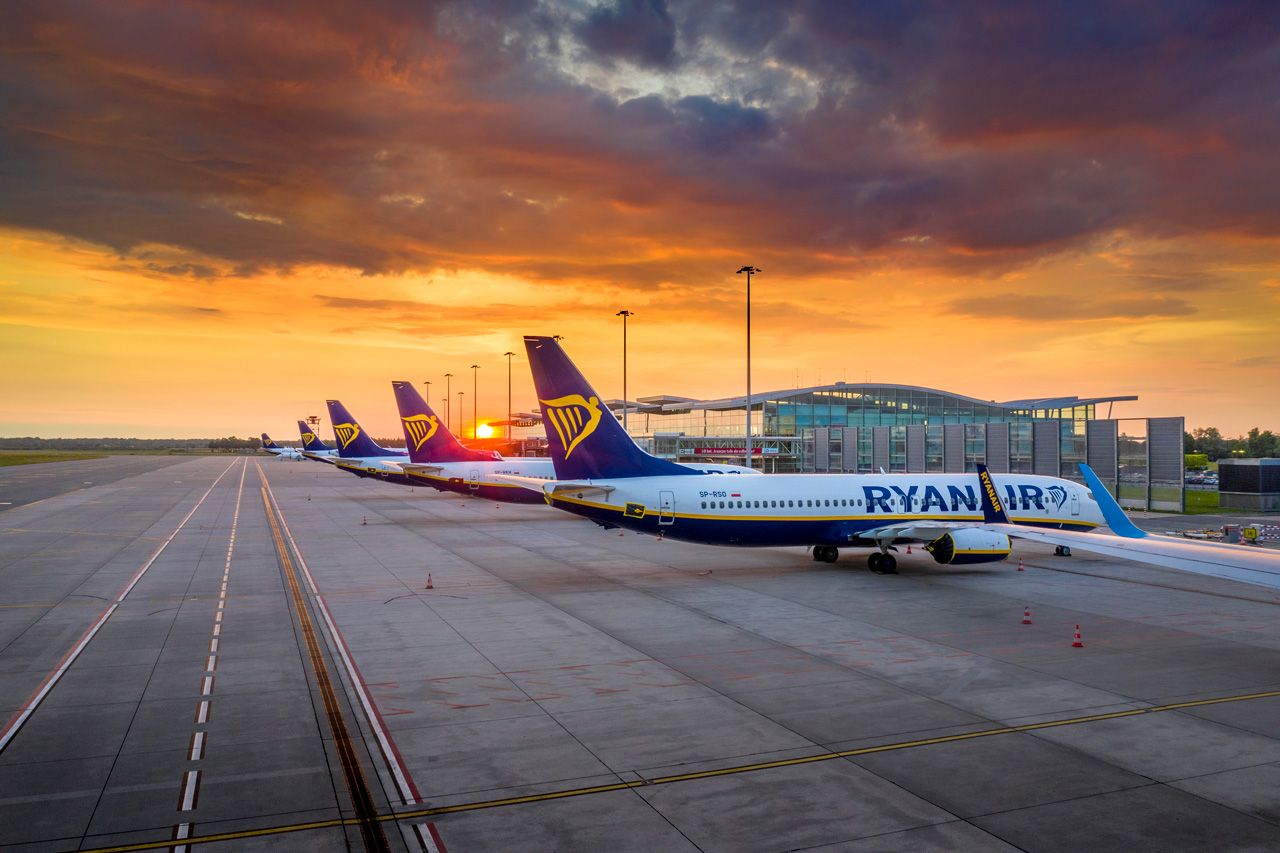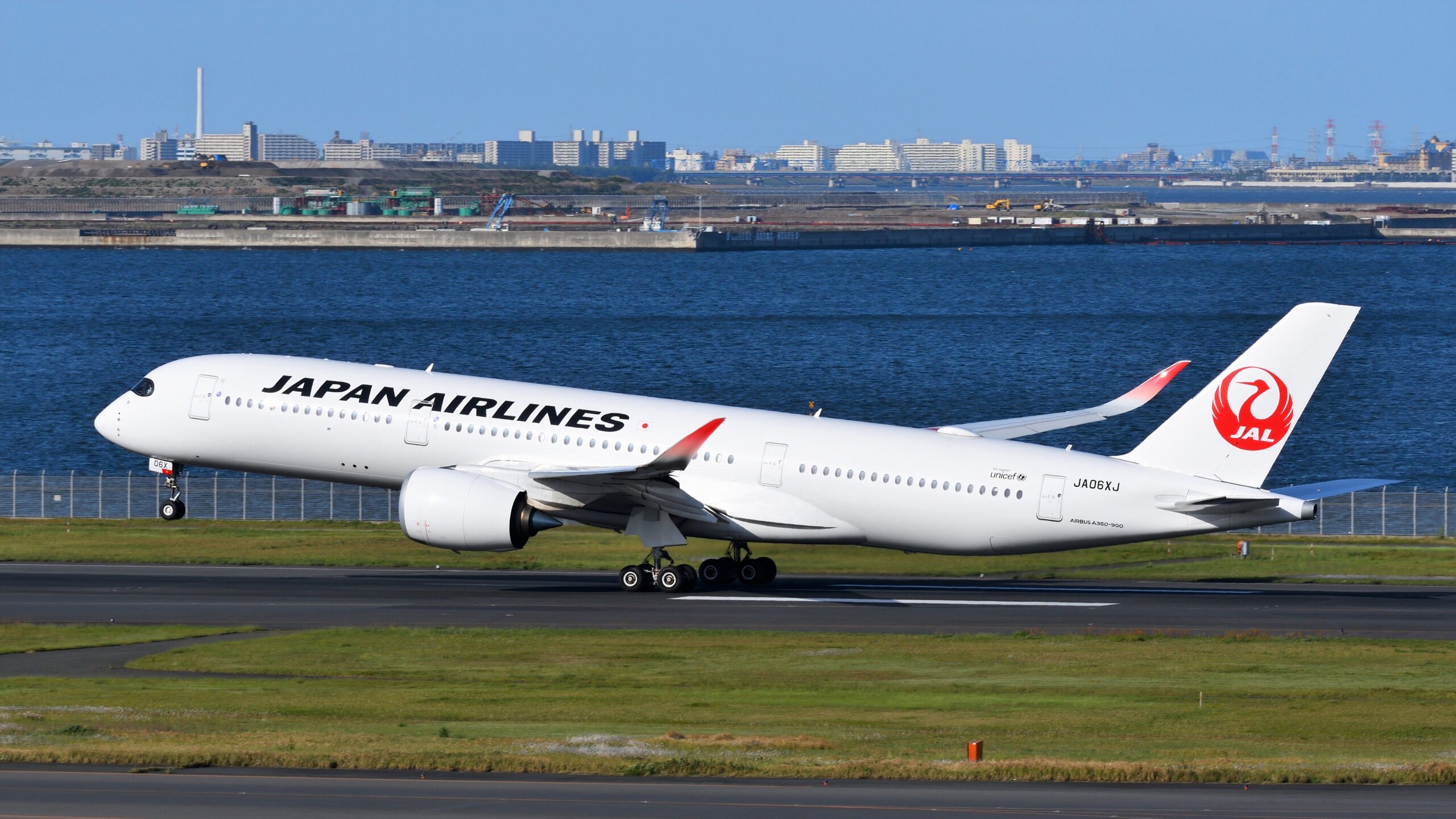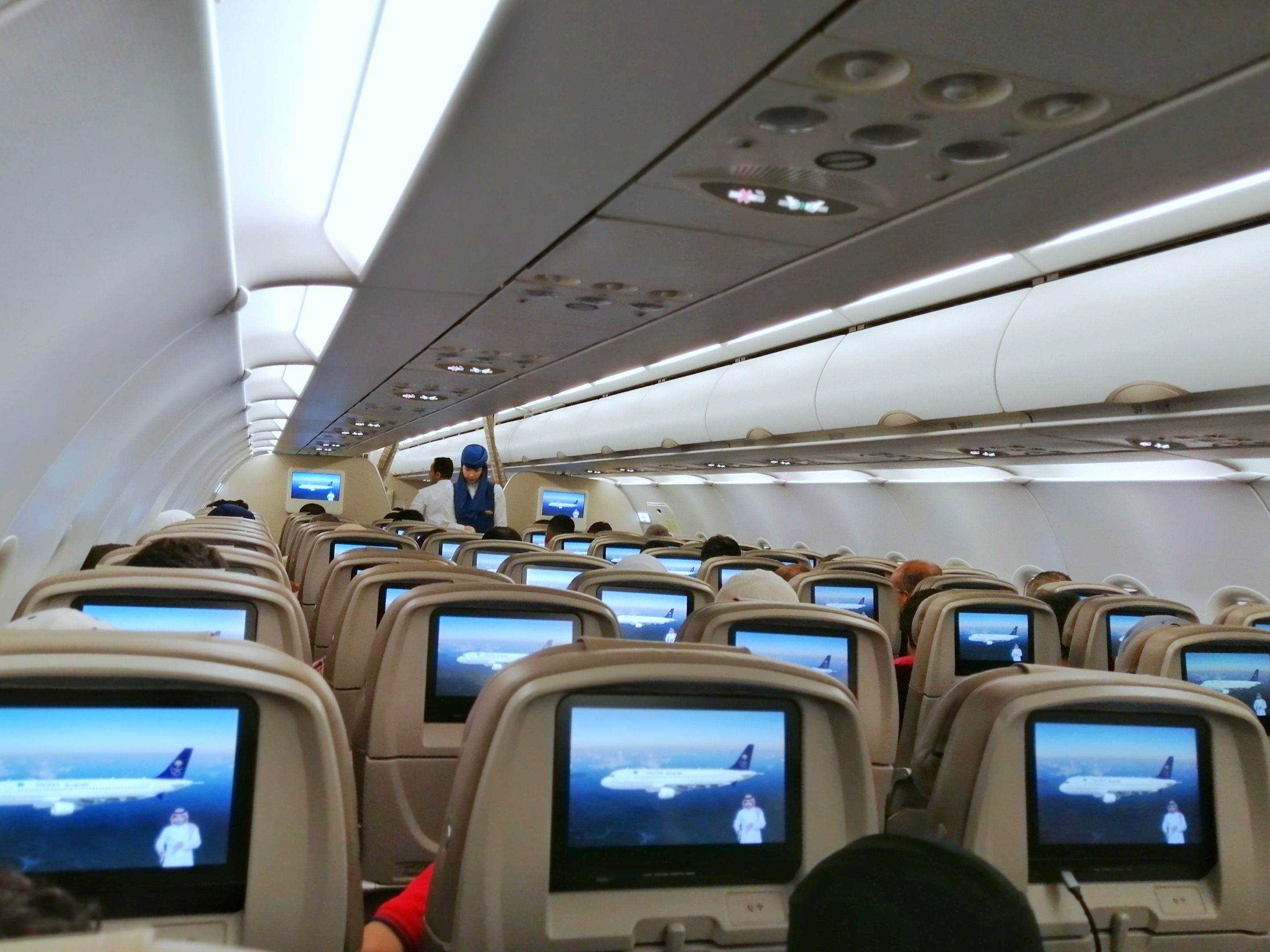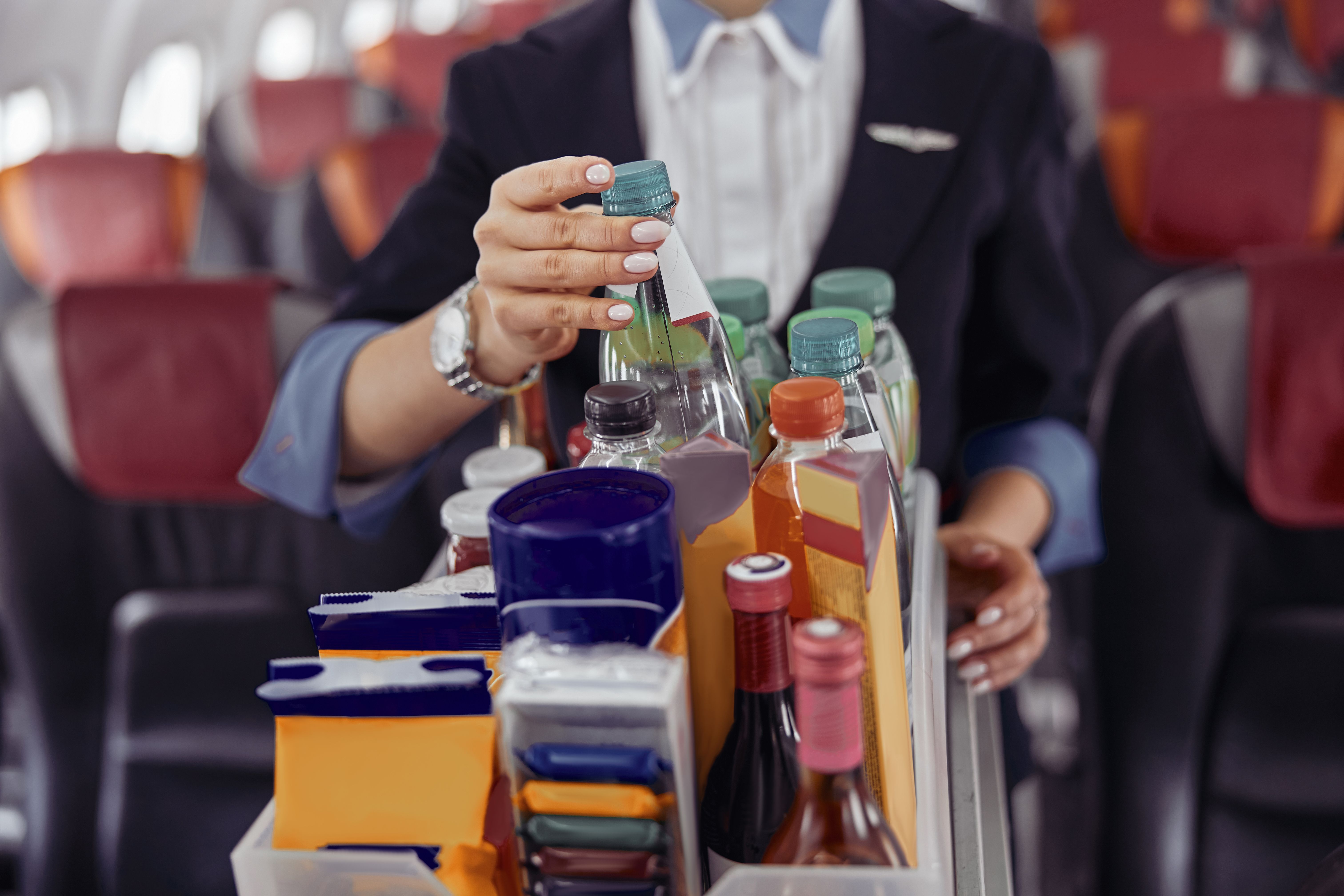Summary
- On the ground local laws apply, regardless of airplane’s country of residence or passenger nationality.
- In flight, laws from country of aircraft registration generally govern offenses committed onboard.
- Airspace country laws may also apply to in-flight offenses under specific conditions.
Which laws apply to aircraft on international flights? This is an issue that regularly comes up when incidents occur during a flight, and of course, is one that affects any of us that travel. Is it the country the aircraft is flying over, the country where it is registered, or where it lands? The situation is often confusing. We try to simplify it in this article and explain which laws apply at which times.
Abiding by local laws on the ground
This one is pretty straightforward: when an aircraft is on the ground, the laws of that country apply. This is the case for flights that have yet to take off and those that have landed at their destinations—whatever soil they are on, local laws will apply. These local laws take precedence over any laws that would apply based on the aircraft’s country of residence, passengers’ nationality, or crew’s nationality.
This is regularly seen in practice. For example, in 2013, a Pakistan International Airlines pilot was arrested (and charged) when he was found to be over the United Kingdom’s legal alcohol limit operating a flight from Leeds Bradford Airport. Crucially, this would not have violated the law in Pakistan, which is based on a 12-hour ‘bottle to throttle’ rule. Similar cases have occurred since then, such as in 2018, when a Singapore Airlines pilot was arrested in Melbourne attempting to operate a flight over the limit.
When in flight it can vary
The laws that apply once the aircraft has taken off are not as simple! Generally speaking, as per the Tokyo Convention, the country where the aircraft is registered has jurisdiction over offenses committed onboard. One thing to realize here is that multiple countries can apply jurisdiction at the same time. It is not necessarily the case that just one country has jurisdiction at any one time. Additionally, the specific nature of an offense can dictate whether local jurisdiction applies—for example, if it concerns national security or affects its citizens.
However, the rules were expanded with the Montreal Protocol, which extended jurisdiction to include the arriving country and the home country of the operator (in some cases the lessor, too). The idea is to give authorities more flexibility when dealing with acts that fall in a gray area of jurisdiction, and it also encourages states to cooperate on the prosecution of offenders.
Laws that apply – the Tokyo Convention
The laws that apply on board an aircraft bound for an international destination are defined by the Tokyo Convention (and to a lesser extent the Chicago Convention). The Tokyo Convention states that the laws of the country of registration of the aircraft apply to acts committed onboard. This is also why, in some rare cases, a baby born onboard a flight can take the nationality of the country of registration!
Photo: Wiropidah Dahlan | Shutterstock
It also allows for the destination country to take jurisdiction in the event of incidents affecting air safety (including hijack or causing injury to another passenger). So, for example, you would not be charged upon landing in a foreign country for underage drinking onboard, but you would for a more serious offense.
This was extended under the ‘Montreal Protocol’ in 2020, which added provisions such as:
- More incidents—such as causing flight disruptions, smoking, or not following crew instructions—are clearly defined as offenses.
- More detailed enforcement protocols and cooperation between countries.
- Empowered airlines with more measures, such as refusing boarding to unruly passengers.
There are cases where the country whose airspace the aircraft is in can also apply their laws. In general, this applies when the act committed involves the overflown country in some way. There are set conditions given in the Tokyo Convention for this, defined as follows:
The criminal jurisdiction of a State in whose airspace the offense was committed, if such State is not the State of registration of the aircraft or the State where the aircraft lands, shall not be exercised in connection with any offense committed on an aircraft in flight, except in the following cases:
(a) if the offense has effect on the territory of such State;
(b) if the offense has been committed by or against a national of such State;
(c) if the offense is against the national security of such State;
(d) if the offense consists of a breach of any rules and regulations relating to the flight and manœuvre of aircraft in force in such State;
(e) if the exercise of jurisdiction is necessary to ensure the observance of any obligation of such State under an international agreement.
Enforcing the law – some examples
Alcohol consumption is one legal area that affects most flights. On the ground and within regional airspace, local country laws apply. That is why no airline will serve alcohol in or around Iran or Saudi Arabia, for example, where alcohol is strictly banned.
Photo: Ivan Dudka | Shutterstock
Once in international airspace, it becomes the law of the aircraft’s registration country. So, on an American Airlines flight from the US to London, passengers would be bound by US drinking law. However, on a British Airways flight, it would be UK law (so a 21-year age limit versus 18 years). For more severe offenses in the air, the situation is usually dealt with at the destination, under their laws.

Related
Rowdy Passenger Arrested After Lisbon-Bound Ryanair Boeing 737 Diverts To Spain
A Portuguese man flying from London to Lisbon was drunk onboard, forcing a diversion.
What are your thoughts about aviation’s relationship with global laws? Let us know what you think in the comment section.




